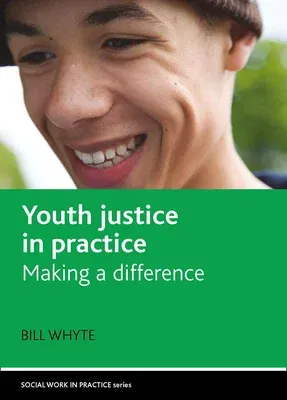Bill Whyte
(Author)Youth Justice in Practice: Making a DifferencePaperback, 19 November 2008

Qty
1
Turbo
Ships in 2 - 3 days
In Stock
Free Delivery
Cash on Delivery
15 Days
Free Returns
Secure Checkout

Part of Series
Social Work in Practice
Part of Series
Social Work in Practice (Paperback)
Print Length
256 pages
Language
English
Publisher
Policy Press
Date Published
19 Nov 2008
ISBN-10
1861348398
ISBN-13
9781861348395
Description
Product Details
Author:
Book Format:
Paperback
Country of Origin:
GB
Date Published:
19 November 2008
Dimensions:
23.62 x
17.02 x
1.52 cm
Genre:
British
ISBN-10:
1861348398
ISBN-13:
9781861348395
Language:
English
Location:
Bristol
Pages:
256
Publisher:
Weight:
430.91 gm